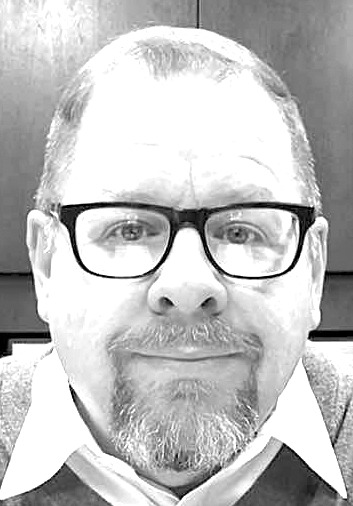In a world where bad news is never far from our screens, the ancient story of David returning to Ziklag in 1 Samuel 30 reads like today’s headlines: devastation, grief, betrayal— and ultimately, hope.
David, the future king of Israel, was no stranger to hardship. Anointed by the prophet Samuel but hunted by King Saul, David spent years running, hiding in caves and enduring the sting of rejection. At one particularly low point, he fled to enemy territory—the land of the Philistines— and settled in a border town called Ziklag.
It was there, in a season of spiritual drift and compromise, that disaster struck.
David and his men had been away when raiders— Amalekites—attacked Ziklag. Upon returning, they found their homes burned and their families taken captive. Scripture paints a vivid scene: “David and the people that were with him lifted up their voice and wept, until they had no more power to weep” (1 Samuel 30:4).
These weren’t tears of minor inconvenience— they were the broken sobs of warriors who had nothing left.
Even worse, those closest to David—the very men he had led and fought beside—turned against him. They blamed him for the disaster and even talked of stoning him. David stood alone, grieving, abandoned, and overwhelmed.
But then, in one of Scripture’s most profound turning points, comes a small sentence with eternal impact: “But David encouraged himself in the Lord his God” (1 Samuel 30:6).
It’s a phrase that still echoes with hope. David didn’t deny his pain. He faced his sorrow. His heart was broken, his leadership questioned, and his future uncertain. Yet rather than crumble under pressure, he turned to the only source of lasting strength: God Himself. He didn’t look to his men: they wanted to stone him. He didn’t look to his circumstances: his city was in ashes.
He didn’t look to his feelings: they were shattered.
He looked to the Lord his God.
He didn’t look for validation from others. He didn’t search for answers in his surroundings. He turned his heart to heaven.
We don’t know exactly what David said to himself, but we can imagine he remembered the lion and the bear, the defeat of Goliath, the songs he had written in solitude. He likely preached to his own soul, as he would later pen in Psalm 42:11—“ Why art thou cast down, O my soul?… hope thou in God.”
This personal revival sparked divine direction. Rather than acting out of impulse, David “enquired at the Lord” (v. 8). He asked, “ Shall I pursue?” God answered clearly: “Pursue: for thou shalt surely overtake them, and without fail recover all.”
And that’s exactly what happened. David and his men set out, found the Amalekites, defeated them, and recovered everything and everyone— wives, children and possessions. “David recovered all…” (v. 18).
The story of Ziklag isn’t just ancient history—it’s a model for modern faith.
When life crumbles, when people fail you, and when your strength is gone, you still have access to the One who never changes. David’s example reminds us that faith doesn’t mean we won’t face fire—but it does mean we won’t face it alone.
In the ashes of Ziklag, David rediscovered his purpose and his God. He didn’t wait for someone else to lift him up—he encouraged himself in the Lord.
Today, maybe you’re standing in your own Ziklag. Maybe life has burned down around you.
Maybe you’ve cried until you have no more tears. But like David, you can look up.
You may not have a prophet speaking over you or a crowd cheering you on—but you have the same God who turned David’s darkest day into his greatest comeback.
So lift your eyes. Preach to your soul. Ask God for guidance—and then, obey.
Because sometimes, the greatest victories are born in the ashes.









